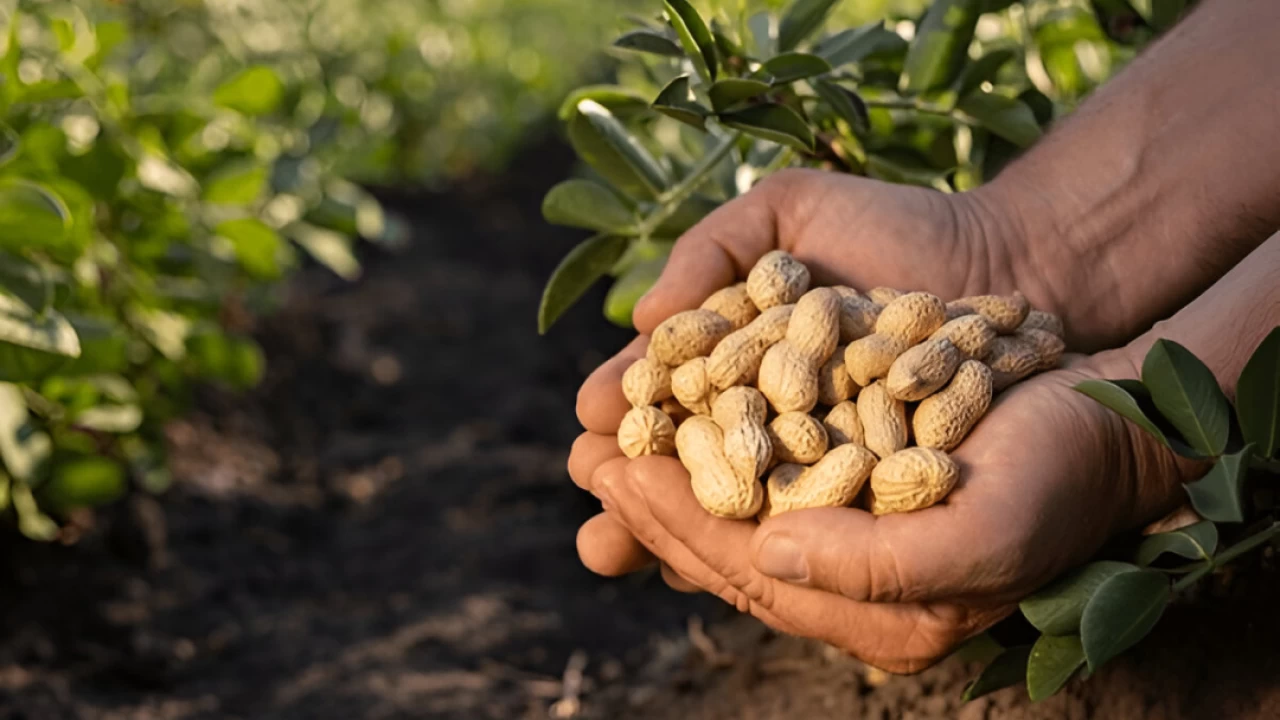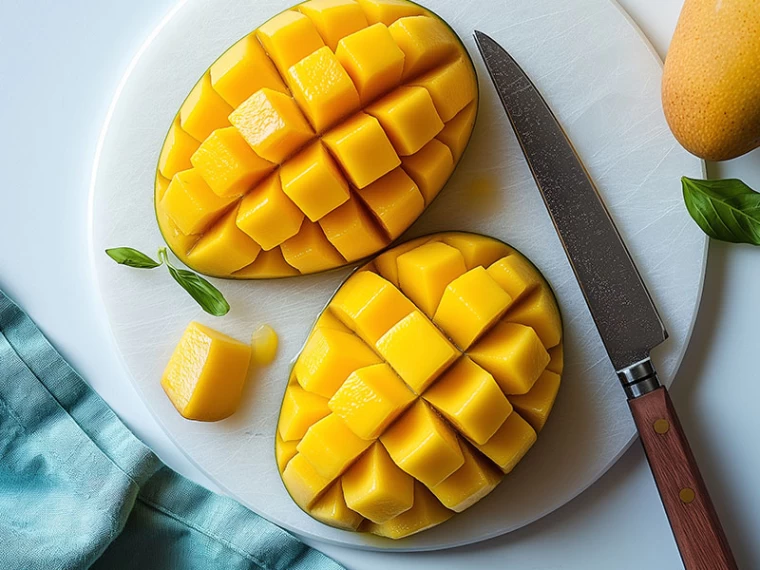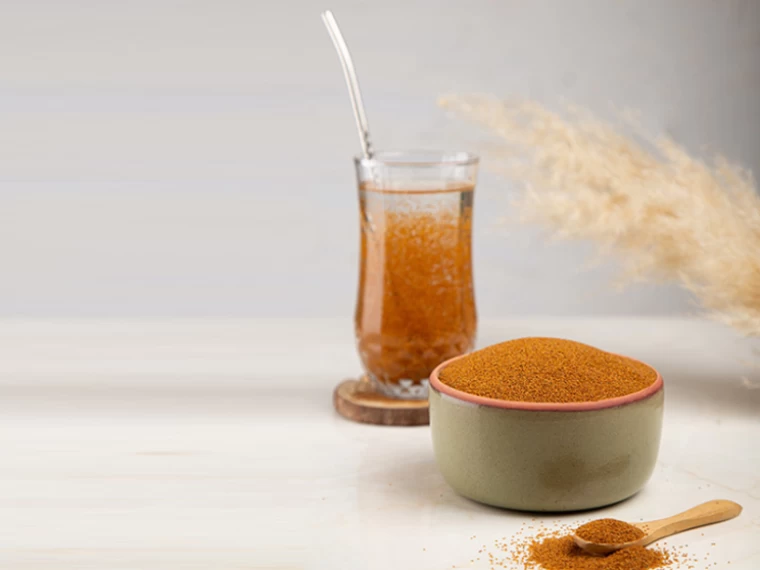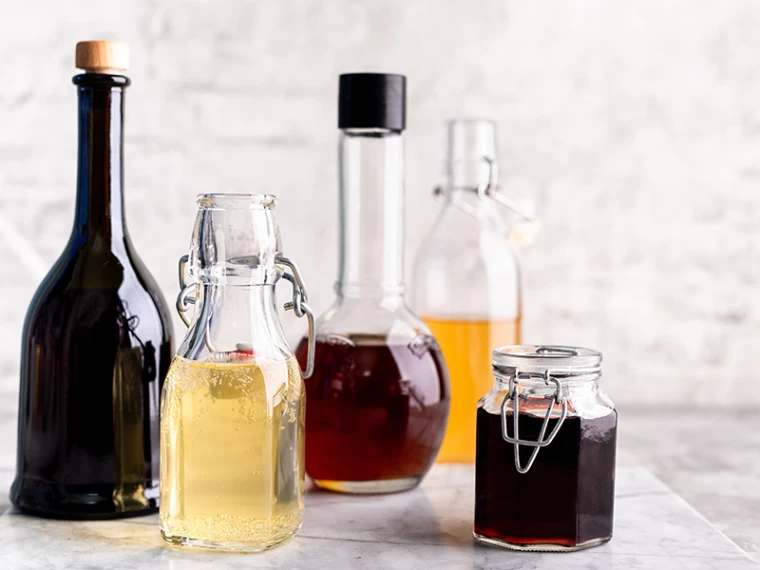Peanuts, those delicious, crowd-pleasing legumes found in Iranian households as snacks, peanut butter, or paired with drinks are far more than a simple treat. This popular food is actually a compact powerhouse of nutrients with impressive health benefits. In this detailed guide from Sunich, we’ll explore the full range of peanut benefits and show how this nutrient-dense legume can elevate your overall wellness.
Nutritional Treasure in Every Peanut
To understand the benefits of peanuts, let’s first look at their nutritional profile. Peanuts are rich in protein, healthy fats, vitamins, and minerals.
Nutritional Value per 100 g of Raw Peanuts:
|
Nutrient |
Approximate Amount |
|
Calories |
567 kcal |
|
Protein |
25.8 g |
|
Total Fat |
49.2 g |
|
Monounsaturated Fat |
24.4 g |
|
Polyunsaturated Fat |
15.6 g |
|
Carbohydrates |
16.1 g |
|
Fiber |
8.5 g |
|
Vitamin B3 (Niacin) |
67% of daily needs |
|
Vitamin B9 (Folate) |
60% of daily needs |
|
Vitamin E |
56% of daily needs |
|
Manganese |
97% of daily needs |
|
Copper |
57% of daily needs |
|
Magnesium |
42% of daily needs |
11 Powerful Health Benefits of Peanuts
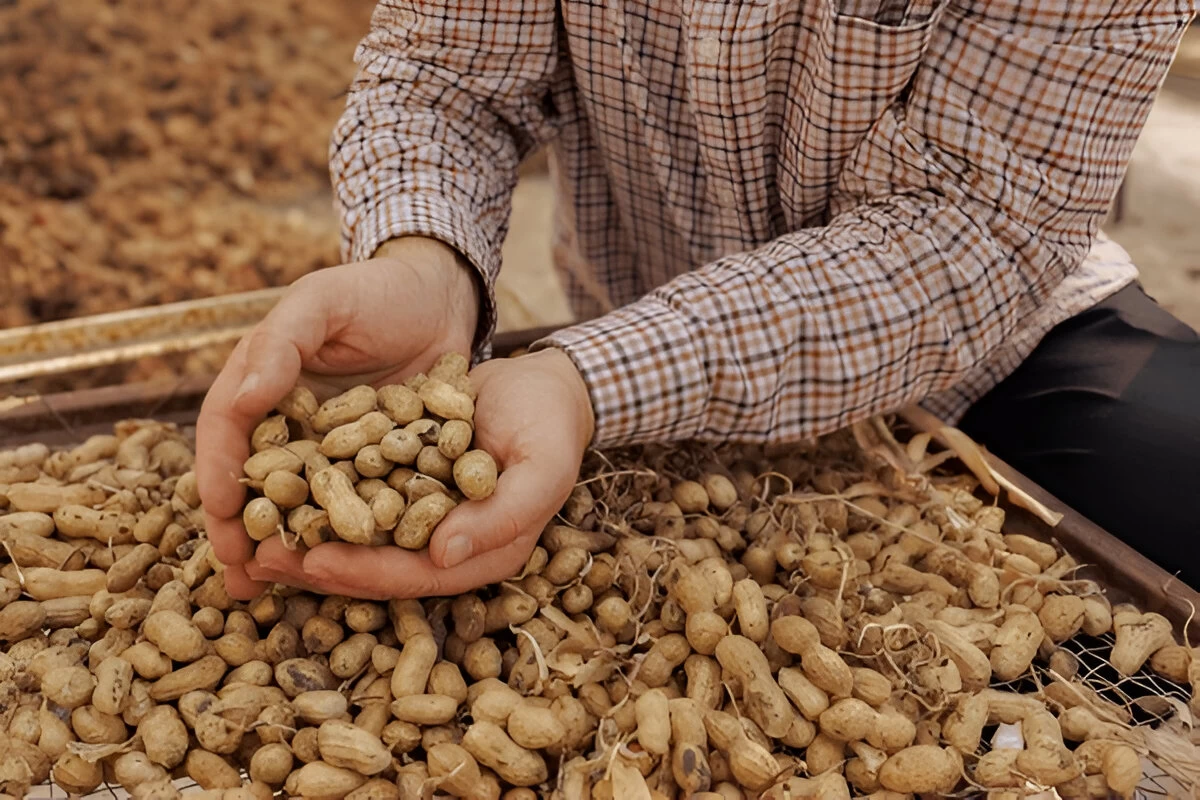
This nutritious bean offers a variety of benefits for different parts of the body, and we will explore the most important ones.
- Heart-Friendly Nutrients
Peanuts are rich in monounsaturated and polyunsaturated fats known as “good fats.” These help lower LDL (bad cholesterol), raise HDL (good cholesterol), and reduce the risk of heart disease and stroke.
- High-Protein Fuel for Athletes
Peanuts are an excellent plant-based source of protein, essential for muscle repair and growth making them ideal for athletes and bodybuilders post-workout.
- Weight Management Support
Despite being calorie-dense, peanuts can aid in weight loss. Their high protein and fiber content promote satiety and help prevent overeating.
- Brain & Memory Booster
Peanuts are rich in niacin (B3) and vitamin E, both of which support brain function, enhance memory, and may reduce the risk of age-related cognitive decline like Alzheimer’s.
- Gallstone Prevention
Studies show that regular peanut consumption may lower the risk of gallstone formation in both men and women due to its positive effect on cholesterol levels.
- Blood Sugar Control
Peanuts have a low glycemic index, meaning they don’t cause rapid spikes in blood sugar. Their fiber and protein help regulate glucose levels, making them suitable for people with type 2 diabetes.
- Cancer-Fighting Properties
Peanuts contain powerful antioxidants like resveratrol and phytosterols, which help combat free radicals and may reduce the risk of certain cancers, especially colon cancer.
- Glowing Skin & Healthy Hair
Vitamin E in peanuts protects skin cells from environmental damage. Biotin also supports hair strength and growth.
- Women’s Health Support
Folate (B9) is vital for women, especially in pregnancy, as it helps prevent neural tube defects in the fetus.
- Men’s Health Benefits
Peanuts provide energy and help maintain muscle mass. Arginine, an amino acid found in peanuts, may improve blood circulation.
- A Healthy Snack for Kids
Peanuts (if no allergy is present) are a great energy-boosting snack for children, thanks to their protein and healthy fats.
Two Energizing Peanut Smoothie Recipes (Sunich Style)
Peanut butter is a delicious way to add flavor and nutrition to your drinks.
- Chocolate & Peanut Protein Smoothie (For Athletes)
Ingredients:
- 1 frozen banana
- 2 tbsp peanut butter
- 1 tbsp unsweetened cocoa powder
- 1 cup milk or almond milk
- ½ cup Greek yogurt (for extra protein)
- A few ice cubes
Instructions:
- Add banana, peanut butter, cocoa powder, and yogurt to a blender.
- Slowly pour in the milk.
- Blend for 1–2 minutes until smooth and creamy.
- Pour into a glass and enjoy immediately.
- Fruity Banana & Peanut Smoothie (A Complete Breakfast)
Ingredients:
- 1 ripe banana
- 1 tbsp peanut butter
- ½ cup frozen strawberries or blueberries
- 1 cup Sunich orange juice (for flavor boost)
- 1 tsp honey (optional)
Instructions:
- Add banana, peanut butter, and frozen berries to a blender.
- Add the orange juice.
- Blend until smooth. Add honey if desired.
- Serve as a quick breakfast or healthy snack.
Is Peanut Consumption Risky? (Precautions)
Despite its benefits, peanuts aren’t suitable for everyone:
- Allergy: Peanut allergy is one of the most common and severe food allergies. It can be life-threatening.
- High Calorie Content: Peanuts are calorie-dense. Overconsumption may lead to weight gain.
- Aflatoxin Risk: Poorly stored peanuts may be contaminated with aflatoxins, a toxic mold. Always choose high-quality brands.
Summary
Peanuts are a nutrient-rich superfood that can play a vital role in a healthy diet. From heart and brain health to weight management and athletic performance, their benefits are wide-ranging and impressive. With moderate consumption and smart meal planning, you can enjoy the full advantages of this delicious and versatile legume.
Frequently Asked Questions (FAQ)
- How much peanut can I eat daily?
About one handful (25–30 g) per day is a healthy amount without excessive calories.
- Is peanut butter as nutritious as whole peanuts?
Yes, natural peanut butter (without added sugar or oils) retains most of the nutritional benefits. Always check the label.
- Which is better: raw or roasted peanuts?
Both are beneficial. Roasted peanuts may have more antioxidants, but raw unsalted peanuts are better for people with high blood pressure.
- Are peanuts bad for fatty liver?
No. On the contrary, the unsaturated fats in peanuts may benefit those with non-alcoholic fatty liver disease, provided they’re consumed in moderation as part of a balanced diet.

